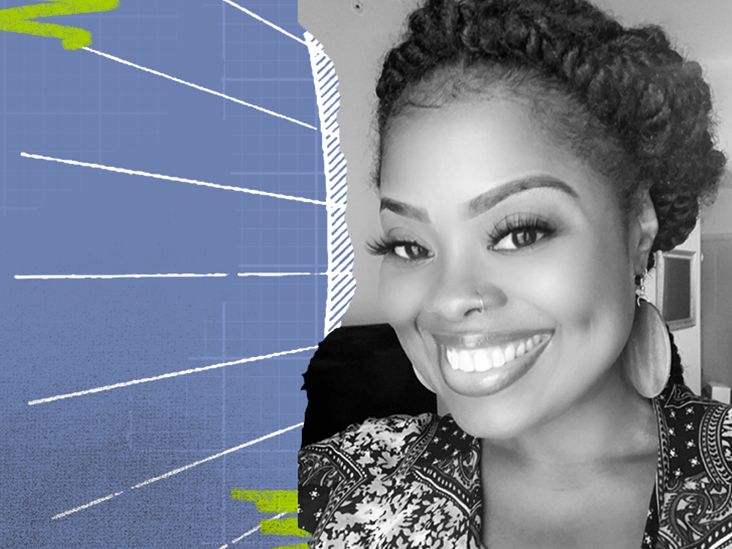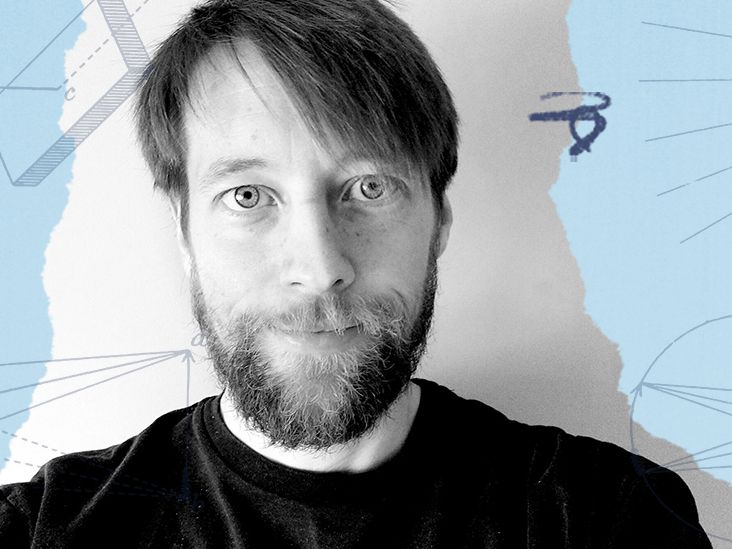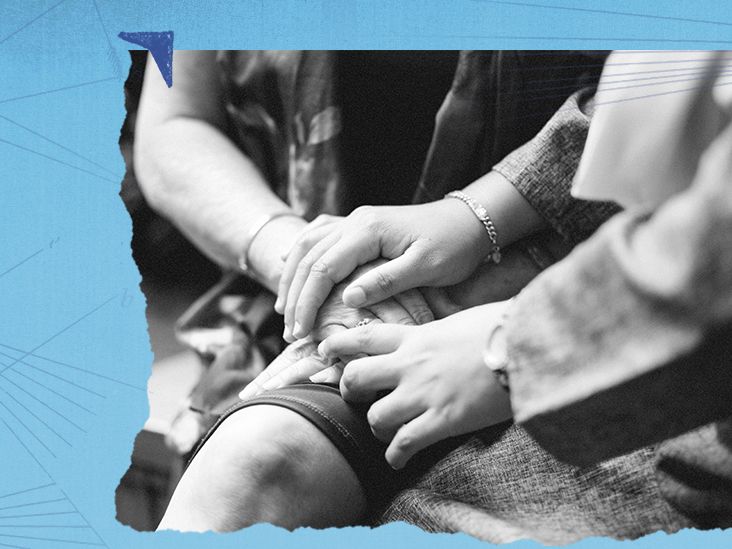
Aphasia can happen to people who have endured serious brain injuries or strokes.
It often requires relearning all of their communication skills.
Following my brain injury, my family and friends taught me about who I was before it happened.
As I became increasingly aware of what I’d lost, I realized that I needed to regain my previous skills and talents. I wanted to have that part of myself back.
I started to work every day, firstly focusing on relearning the entire English language. I focused on reading, writing, and speaking, and as I gradually improved in these areas, I started reading each day.
I read a lot of articles, as they helped me remember the world. I used a dictionary to look up the meanings of words, and I started writing any unknown words down in a list.
I still do this; my list currently stands at 2,684 words. Each day, I read 10–20 of these words to test myself on their meanings. If I don’t remember a word, I will use the dictionary to remind myself. I have found this to be immensely helpful.
I also discovered that I had a very broad range of hobbies and interests before my injury, such as writing, photography, playing musical instruments, singing, contortion, and sword swallowing.
After 4 years, I can happily say that I’ve finally relearned all of these abilities to some degree.
For years now, I have been using lists to help organize my mind. I have found that doing this helps me focus and put more time and energy into thinking about my next steps.
Now that I have a list for everything in my life, I can use my time more efficiently. Below is an example of one of my daily lists:
- medication
- breakfast and coffee
- shave face
- math/reading/writing/Photoshop
- medication
- shower
- contortion
- meditation
- treadmill
- medication
- dinner
- brain-training games
- medication and sleeping
I have learned that repetition and consistency have helped me in all areas of my life. This is why I can finally write again, and I believe that anybody who reads my work wouldn’t know about my brain injury unless I told them.
I have also found that physical exercise has been a huge help in my recovery, and I make sure that I regularly practice contortionist work and treadmill running.
It’s also vital to exercise your brain, as this can help protect against degeneration. I practice brain-training exercises daily, and these have helped me with my math and, more importantly, my long- and short-term memory capabilities.
Learning and practicing a musical instrument has also helped me regain my cognitive abilities. So, now, I make time to practice piano, guitar, or both every day.
Many develop obsessive-compulsive disorder (OCD) after sustaining a serious brain injury. I always had OCD, even when I was a child, but it is a lot more intense now.
I had to learn how to work with it instead of fighting it; I find that when I try to fight my OCD, it only intensifies its hold over me. It is a fixation, and though everybody will have some fixations, it is much stronger for people with OCD; we can’t escape these thoughts.
I’ve learned how to use OCD to help my life, and I now call it obsessive-compulsive empowerment. I now think of my OCD as a way to help myself — such as making lists for everything in my life so that I can think about one thing at a time. Doing these things helps me feel more fulfilled.
Of course, there are aspects of my OCD that do not help me, and I have found these videos about anxiety and OCD very helpful.
Another thing that has really helped me is having a word that reminds me that I am fine. My word is “safe.”
Each time I have a thought that makes me feel as though I’m going to be discomforted without any logic, I say the word “safe” to myself and put my hand on my heart. Then, I know that I am fine and that there isn’t anything dangerous in my life.
A few years after my injury, I decided that I was finally ready for school again, and I’m currently working through an associate degree in photography, and I have never felt so keen to learn more.
My injury has made it hard to find work, both as a writer and as a photographer. I think the problem is that as soon as people learn that I have a brain injury, many don’t believe that I can do what I say I can do.
This has been very frustrating, but it has also guided me toward freelance work, where I’ve had to carve out my own opportunities and prove my own worth. Now working as a writer, photographer, and performer, I know that my dedication to relearning so many of these skills was all worth it.
I’m now, slowly, writing a book about my life post-brain injury and looking for a publisher. This book is important for me; it’s about how I am winning instead of letting my brain injury have any power over me.
I am keen to show that even though I had to relearn the world — my language, my body, and all of my abilities — I honestly feel stronger than I have in my entire life.
Without my family, I couldn’t be so dependable and persistent; they were always there for me when I needed them. I want to give them something back, to make their lives easier, and this is one of my inspirations as an author.
Knowing that I could help my mom, dad, brother, and boyfriend in any way would make me so jovial and hopeful. I need to show them just how much they have helped me and why I couldn’t do this without them.
As much as I have progressed, it hasn’t been without struggle. I used to believe — before my brain injury — that I had many friends. However, I released soon after that none of them were there for me; only a few real friends were there when I needed them most.
I found this very hard, but I feel very happy and blessed to have these few friends, and having a support network like this can make the world of difference in recovery.
About 2 months ago, I went on a date. Since this first meeting, our relationship has blossomed. The truth is that before I met him, I thought this part of my life was dead. I thought that nobody would ever want me again, but I am so delighted to know that I was wrong.
It’s so easy to become frustrated and get into a negative train of thought when recovering from something as life-changing as this, but there really is light at the end of the tunnel.
Even though my brain injury is definitely the most demanding and exhausting thing that has ever happened to me, I am also the happiest that I have ever been. I really am.
Every month, I see just how much more capable and durable I am, and I see how much more agile and bright my mind has become. I am excited for my future as I continue to work on my book and move forward with my personal relationships.
I aim to continue my volunteer work; I know that there are so many people who have experiences similar to mine, and I want to show them that it doesn’t have to hold them back.
No matter what happens, I am going to live because I am still here, and I am determined to do as much as I can with my life.


